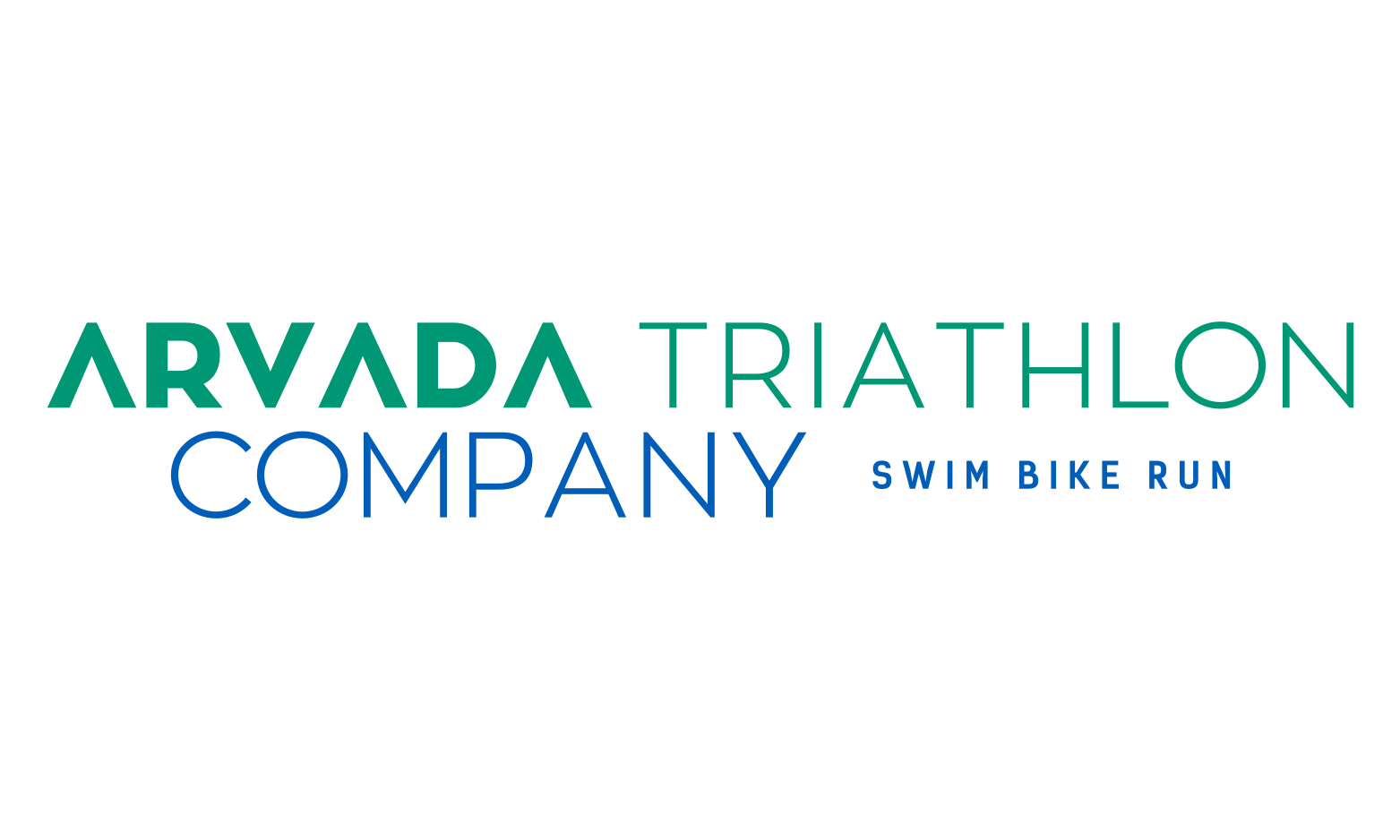Triathlon, the ultimate test of endurance, strength, and mental fortitude, has captured the imagination of countless athletes worldwide. Combining swimming, cycling, and running into a single event, triathlons offer a unique challenge that pushes participants to their limits. For beginners eager to dive into this exhilarating sport, proper gear is essential for both performance and safety. Here's a comprehensive guide to the beginner triathlon essentials.
1. Swim Gear:
Swimsuit: Invest in a well-fitting swimsuit designed for competitive swimming. Look for ones made of chlorine-resistant material to withstand regular pool sessions.
Swim Cap: A silicone swim cap not only reduces drag but also keeps your hair out of your face during the swim leg.
Goggles: Opt for anti-fog goggles with UV protection to ensure clear vision underwater. Comfort is key, so try on different styles to find the one that suits you best.
Wetsuit: If your triathlon involves an open-water swim in colder temperatures, consider a wetsuit for added buoyancy and warmth. Make sure it fits snugly but allows for unrestricted movement.
2. Bike Gear:
Road Bike or Triathlon Bike: While any bike can get you through a triathlon, a road bike or a triathlon-specific bike will provide better aerodynamics and efficiency. Ensure proper fit and maintenance to prevent discomfort and mechanical issues during the race.
Helmet: Safety should always come first. Invest in a quality, snug-fitting helmet that meets safety standards to protect your head in case of accidents.
Cycling Shoes: Clipless cycling shoes improve power transfer and efficiency. Practice clipping in and out to avoid mishaps during transitions.
Bike Shorts: Padded bike shorts reduce chafing and provide comfort during the cycling leg. Look for moisture-wicking fabric to keep you dry throughout the race.
Water Bottle and Cage: Hydration is crucial during a triathlon. Attach a water bottle cage to your bike frame and practice drinking while riding to stay hydrated without losing speed.
3. Run Gear:
Running Shoes: Invest in a pair of running shoes that offer support and cushioning suitable for your foot type and running style. Break them in before race day to avoid blisters and discomfort.
Running Apparel: Choose lightweight, moisture-wicking clothing for the run leg. Dress according to the weather conditions, and don't forget a race belt to attach your bib number.
Hat or Visor: Protect yourself from the sun and keep sweat out of your eyes with a breathable hat or visor. Look for adjustable options for a comfortable fit.
Socks: Quality running socks reduce friction and prevent blisters. Choose moisture-wicking socks that stay dry even during intense activity.
4. Transition Gear:
Transition Bag: Organize your gear in a dedicated transition bag to streamline your race-day setup. Include essentials like spare goggles, nutrition, sunscreen, and any other items you may need.
Towel: Lay out a towel in your transition area to stand on and quickly dry your feet after the swim. This helps prevent slipping and keeps your feet clean before putting on socks and shoes.
Race Belt: A race belt allows you to easily attach your bib number without having to pin it to your clothing. Practice putting it on quickly to minimize time spent in transition.
5. Nutrition and Hydration:
Energy Gels/Bars: Fuel your body with easily digestible carbohydrates during the race. Experiment with different brands and flavors during training to find what works best for you.
Electrolyte Drink: Replace lost electrolytes and stay hydrated with a sports drink formulated for endurance athletes. Carry a small bottle or flask on the bike and run legs for easy access.
Water Bottles: Attach water bottles to your bike and running belt for convenient hydration throughout the race. Practice drinking on the move to maintain energy levels and prevent dehydration.
Conclusion:
Embarking on a triathlon journey is an exciting and rewarding endeavor, but it requires careful preparation and the right gear. By investing in quality equipment and practicing with it during training, beginners can enhance their performance and enjoy a smoother race experience. Remember, the key to success lies not just in the gear itself, but in consistent training, mental preparation, and embracing the challenges that come with the multisport lifestyle. So, gear up, train hard, and prepare to conquer your first triathlon with confidence!




